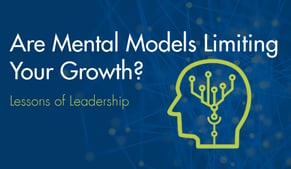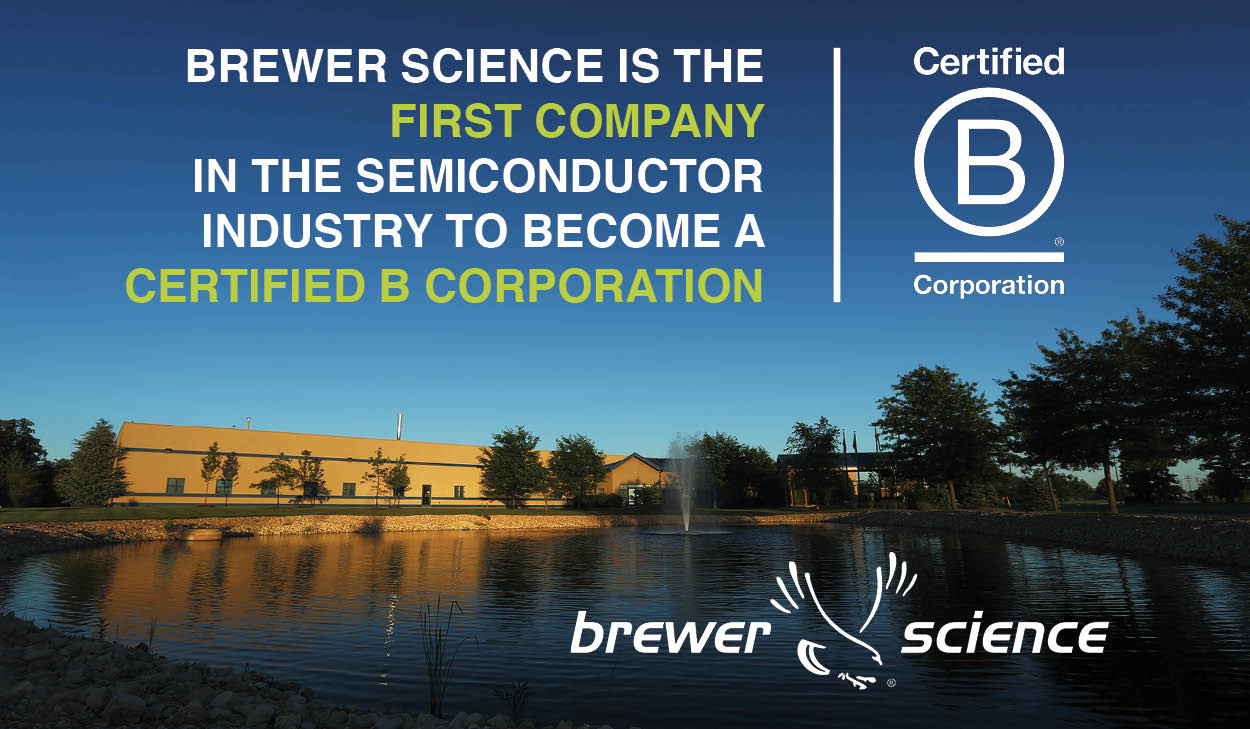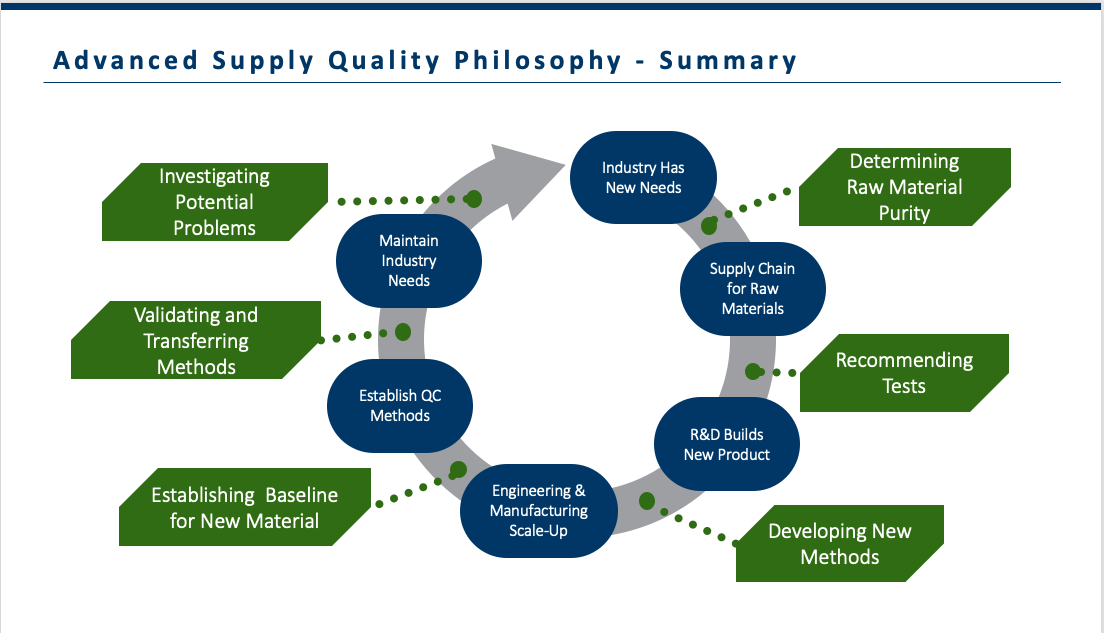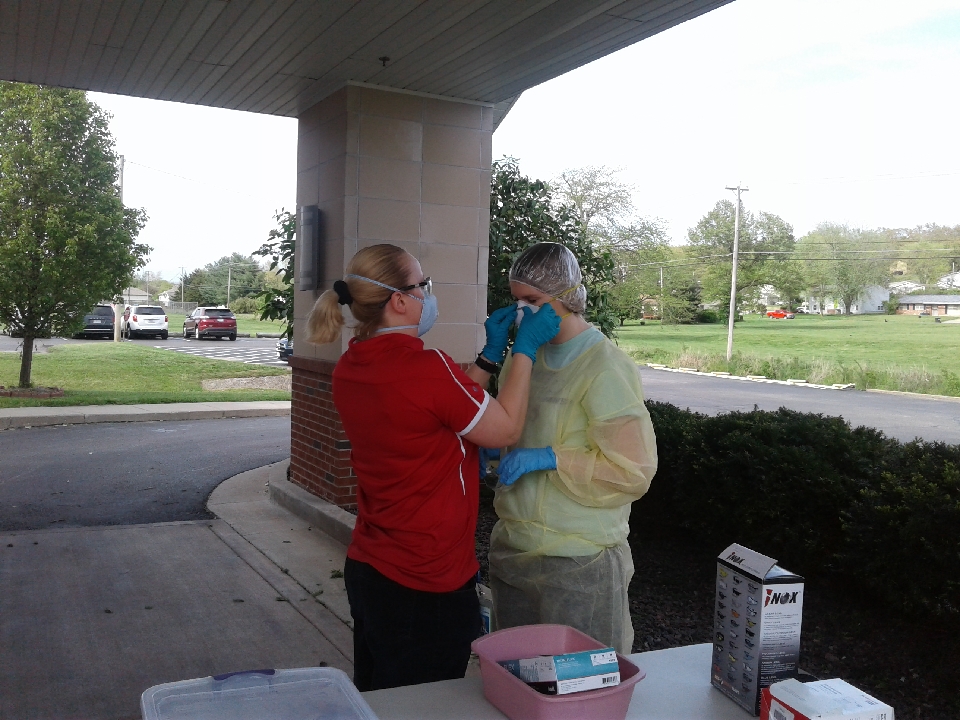Mental Models could be limiting your growth if your assumptions of others are strictly based on first impressions. You need to get to know someone to truly understand their perspective. Allowing yourself to have an open mind will encourage you to grow as person, and also create a more welcoming environment in your presence.
What are Mental Models?
I, too, fall victim to Mental Models. This became evident to me as I saw my friends voice their contrary thoughts to mine concerning divisive topics in our country. I reflected on a book that opened my mind to the concept of Mental Models. In Peter Senge’s book, Fifth Discipline, Senge described Mental Models as “deeply ingrained assumptions, generalizations or even pictures or images that influence how we understand the world and how we take action.” 
The last part of the description alarms me; acting out of a bias or possible false view of a person or situation can lead to potential failures and negative impacts to us and our customers. We are all guilty of this behavior at work and with friends.
We quickly establish a view of someone based on Mental Models, some of which seem to be ingrained in our society, such as their attire, appearance, social engagements or even the car they drive! Mental Models are not always wrong and in some situations may be accurate, but the potential for mistakes is there.
How do we avoid Mental Models?
Reality is, we ALL have Mental Models whether we are aware of them or not. The challenge for us as engaged employees and community members, is to recognize those Mental Models and make sure our actions are not based solely upon those views but rather on actual data and information. One way to combat Mental Models with employees is to share the Mental Model that exists so they know up front what your perspective is and ways to address inconsistencies in that perception.
How do we recognize Mental Models?
We contribute to conflict when making assumptions and basing our response on them rather than the reality that exists. It is important to practice self-reflection critically to challenge our ways of thinking. We must be open to influence and engagement. Reflection is a skill that should be practiced.
How do we address our own Mental Models?
By bringing your mental models to the surface, you provide transparency and lay the foundation on which we build trust. There are a few ways we can address our own Mental Models:
- Challenge your own perspective
- Search for your own biases
- Ask yourself questions about perceptions that exist and how they came about
- Assume good intentions in others and that they are being forthright
By taking these approaches, you can engage in what Senge calls “learningful” conversations in an open environment where truth and understanding can be at the center of the discussion and not the defensiveness of blame or protecting a position.
We often avoid opportunities to change or grow because we limit ourselves to what is familiar to us in how we think and act. Einstein said, “Our theories determine what we measure.” During a conflict, instead of blaming someone else, ask yourself how your actions or thoughts contributed to the situation. Don’t let Mental Models restrict your ability to grow. You must seek them out, challenge their validity and share your findings with others. Using transparency to share your Mental Models to build trust with those you engage will truly help you make a difference beyond today.






Subscribe to Our Blog